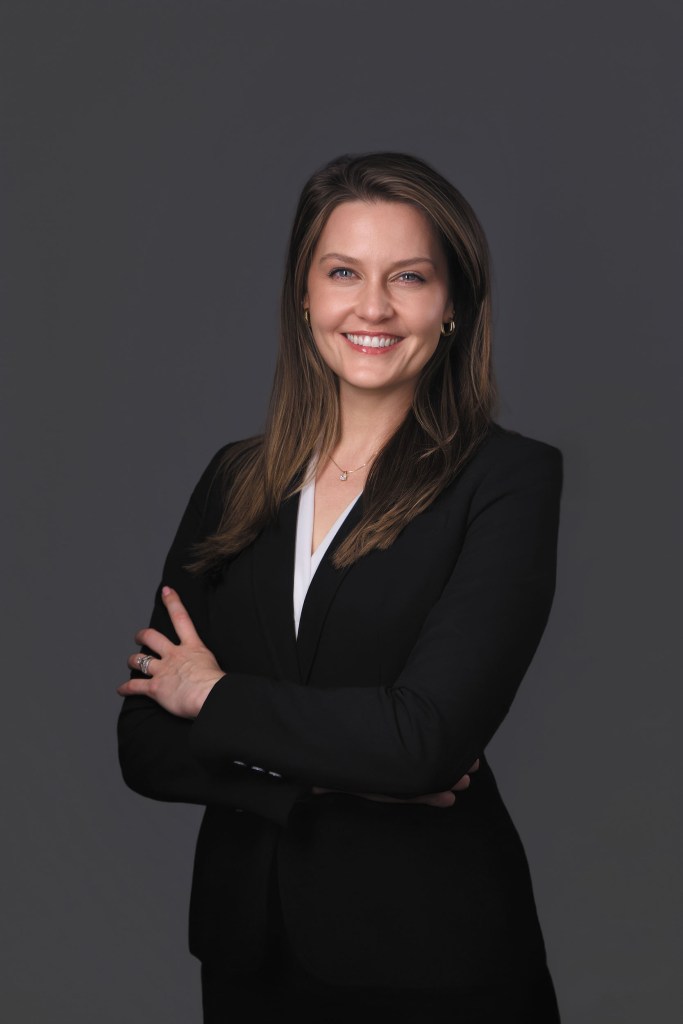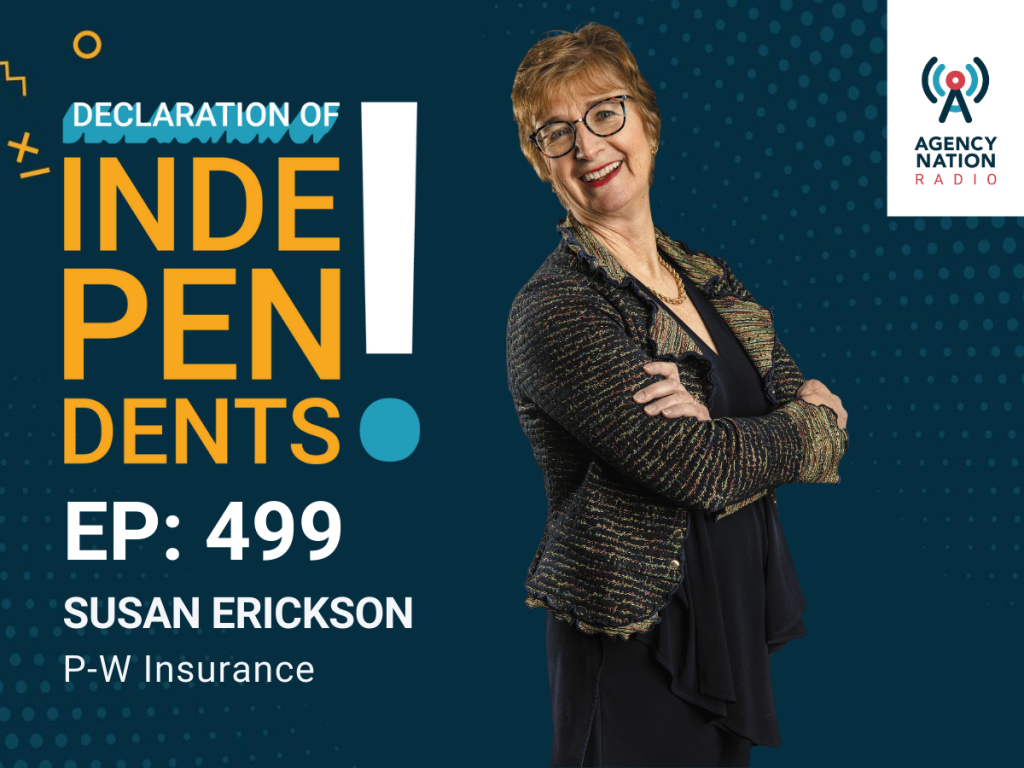Can a BOP Have Business Income Coverage Without Building Property Coverage?

A commercial lines prospect has a business income limit of 12 months actual loss with a 72-hour waiting period. This is an additional coverage under the property section of the business owners policy. Although the prospect has a limit on business income, they do not have a limit on their building, only on business personal property (BPP).
The agent does not see any exclusions in the policy regarding business income and property limits, just that the business income will only be paid out in the event of a covered cause of loss to the described premises in the declarations.
Q: Is it possible to carry business income coverage and BPP coverage without any building property coverage?

make Your Voice heard at the 2026 Big ‘I’ Legislative Conference
April 22-24 Washington D.c.
Response 1: Yes, business income coverage is separate from building coverage. The BOP says:
(1) Business Income
(a) When Business Income Coverage is provided under this policy, we will pay for the actual loss of Business Income you sustain due to the necessary “suspension” of your “operations” during the “period of restoration”. The “suspension” must be caused by direct physical loss of or damage to property at the described premises. The loss or damage must be caused by or result from a Covered Cause of Loss.
With respect to loss of or damage to Business Personal Property in the open or in a vehicle, the described premises includes the area within 2,000 feet of such premises.
With respect to the requirements set forth in the preceding paragraph, if you occupy only part of a building, your described premises means:
(i) The portion of the building that you rent, lease or occupy;
(ii) The area within 2,000 feet of the building or within 2,000 feet of the premises described in the Declarations, whichever distance is greater (with respect to loss or damage to Business Personal Property in the open or in a vehicle); and
(iii) Any area within the building or at the described premises, if that area services, or is used to gain access to, the portion of the building that you rent, lease or occupy.
There must be physical loss or damage to the property at the described premises; it does not have to be the insured’s property. The wording adapts the meaning of the described premises to situations where the insured is a tenant.
For example, suppose a policyholder occupies only part of a building. In that case, the business income coverage can be triggered by damage to an area within the building or at the described premises that services, or is used to gain access to, the portion of the building that the policyholder rents, leases or occupies, even if the policyholder’s BPP is undamaged.
What Do the Experts Think?
Response 2: Yes, business income can apply to tenants who do not own the building that they occupy. Claim adjustment complications arise when someone else is responsible for repairing the premises and delays the process. It could be a landlord or, if it’s a multi-occupancy building, another tenant.
For example, say a second-floor tenant has a leaking pipe in its kitchen that causes water damage to the first-floor tenant or an adjacent tenant has a fire that damages its neighboring tenants.
Check the lease provisions about responsibility for repairing the leased unit. Also consider whether your client made tenant improvements and betterments that could be damaged and need to be insured—or whether the landlord did to entice the tenant to lease.
However, you might have a very different situation if the client operates their business out of a single-family residence. Does the owner of the business live there and just have a home office? Or do they have a workshop and an equipment warehouse there? Do employees work there?
The BPP limit in the policy is $1,111. Is that for a home office, a workshop, inventory, or tools that go to job sites?
If the house burns down, does the client need to rent an office? A warehouse and workshop? What would the business income exposure be? Do they have vehicles with special equipment that, if damaged and out of service, would interrupt the business? The client likely does not have coverage for that unless you specifically arranged it.
More on BOPs
And what does the homeowners policy state about operating a business out of the residence and how does coverage apply? Many homeowners policies permit a home office, but many do not permit a business workshop or warehouse that earns revenue over an amount specified in the homeowners policy. If the client has those exposure and the house burns down, would their homeowners policy be invalidated?
There are many questions that require factual details to determine whether the insurance program is set up correctly. You should review with the client the business operations and client coverage expectations, and clearly inform them what is covered and what is not.
Response 3: ISO-based BOPs don’t condition business income coverage on insuring the building itself. What is required is that there be a covered cause of loss to covered property at the described premises—which can be BPP—that results in suspension of operations. Accordingly, an insured tenant, or anyone for that fact who has no building ownership interest, can still carry business income tied to their BPP coverage.
This question was originally submitted by an agent through the Big “I” Virtual University’s (VU) Ask an Expert service, with responses curated from multiple VU faculty members. Answers to other coverage questions are available on the VU website. If you need help accessing the website, request login information.
This article is intended for general informational purposes only, and any opinions expressed are solely those of the author(s). The article is provided “as is” with no warranties or representations of any kind, and any liability is disclaimed that is in any way connected to reliance on or use of the information contained therein. The article is not intended to constitute and should not be considered legal or other professional advice, nor shall it serve as a substitute for obtaining such advice. If specific expert advice is required or desired, the services of an appropriate, competent professional, such as an attorney or accountant, should be sought.














